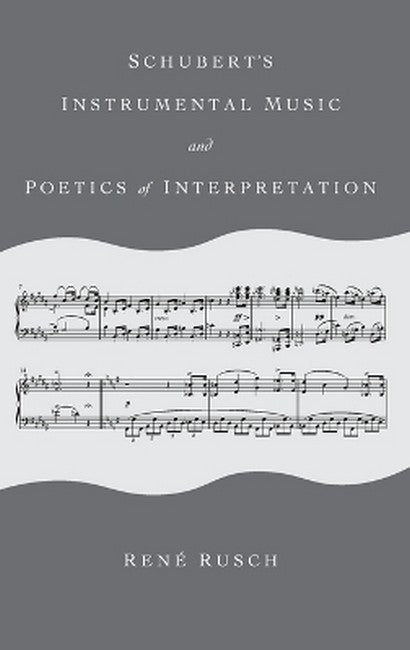Rene Rusch is Associate Professor of Music Theory at the University of Michigan School of Music, Theatre & Dance.
Request Academic Copy
Please copy the ISBN for submitting review copy form
Description
Preface 1. Schubert's Musical Reception and Contemporary Schubert Criticism 2. Rethinking Conceptions of Unity 3. The Value of Diatonic Indeterminacy When Traveling through Tonal Space 4. Sonata Forms, Fantasias, and Formal Coherence 5. Biography, Music Analysis, and the Narrative Impulse 6. Beyond Homage and Critique: Rethinking Musical Influence Closing Remarks Works Cited Index
"Rusch's book is a valuable addition to the analytical literature on Schubert. . . . Her analyses consistently embrace multiple subjectivities and subject positions and decline to "give . . . unqualified allegiance to unity as the supreme value for analysis" (Korsyn 2004, 338). Like Rusch, I find poetic correspondences between this open-ended analytical approach and the strange or uncanny qualities of Schubert's music, and I think her analyses reveal the potential for others to attempt a similar approach with the music of other elusive composers (Faure comes to mind). Even if one is not persuaded by Rusch's "postmodernist reluctance to accept a single or objective reality and engage with master narratives," it is important to note that she never rejects other analyses that privilege unity (194). The reader is rather repeatedly "invited" to contemplate Schubert's music from multiple different angles-the word "invite" is somewhat of a leitmotif in the book-and it would seem churlish to decline such a graciously offered invitation. I should also add that Rusch's embrace of multiple perspectives and subjectivities does not come at the expense of analytical detail or rigor. Her analyses are copiously illustrated with meticulous annotated examples that range from extremely detailed Schenkerian voice-leading graphs to neo-Riemannian Tonnetze to score excerpts annotated with formal labels."-Andrew Pau, Theory and Practice

